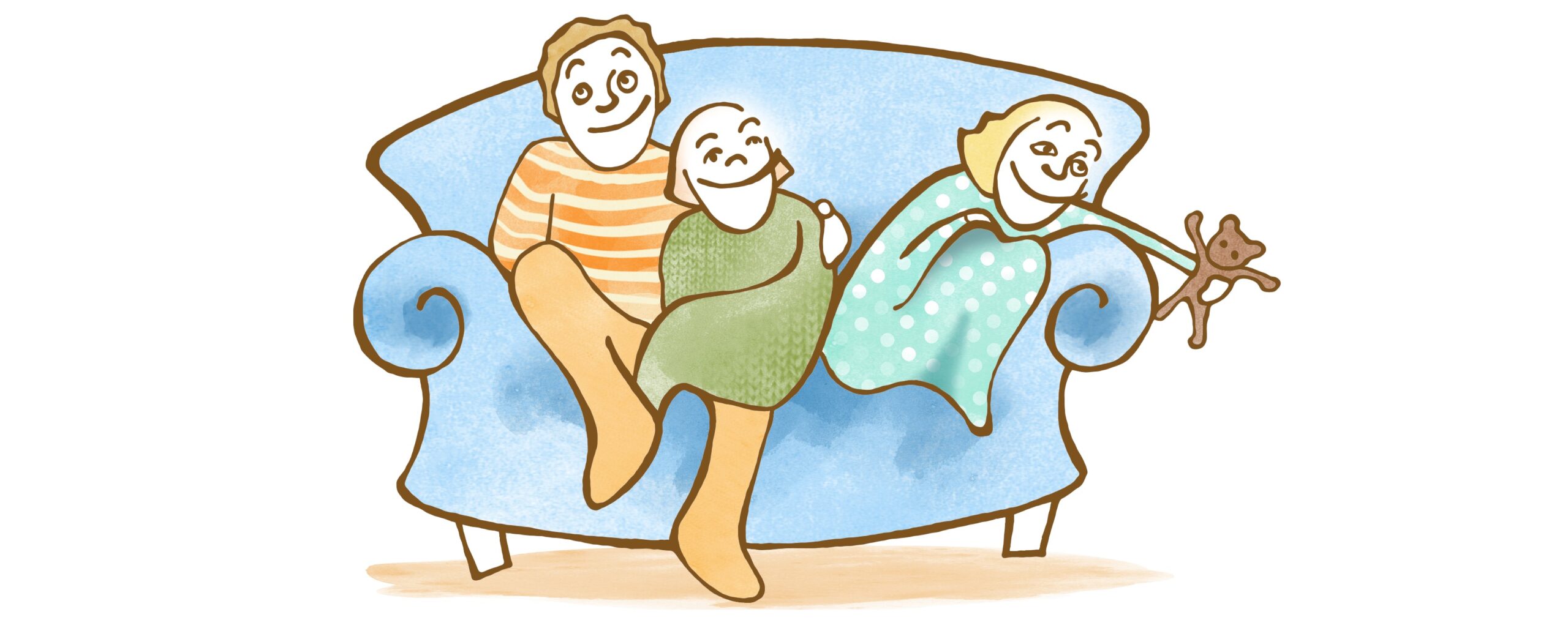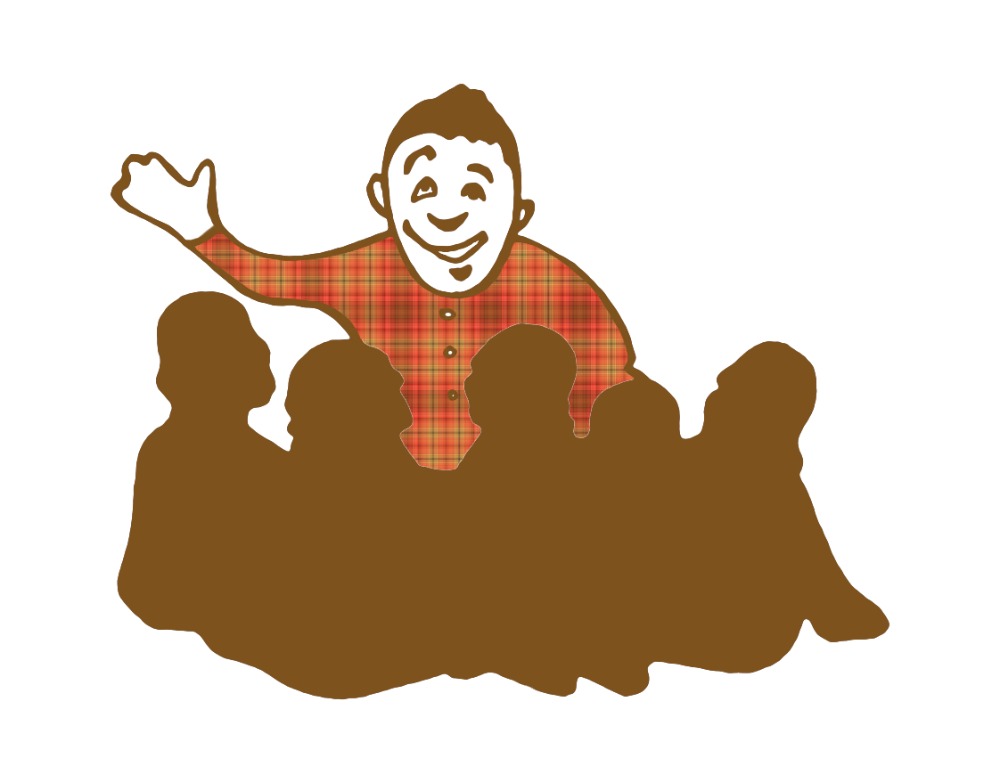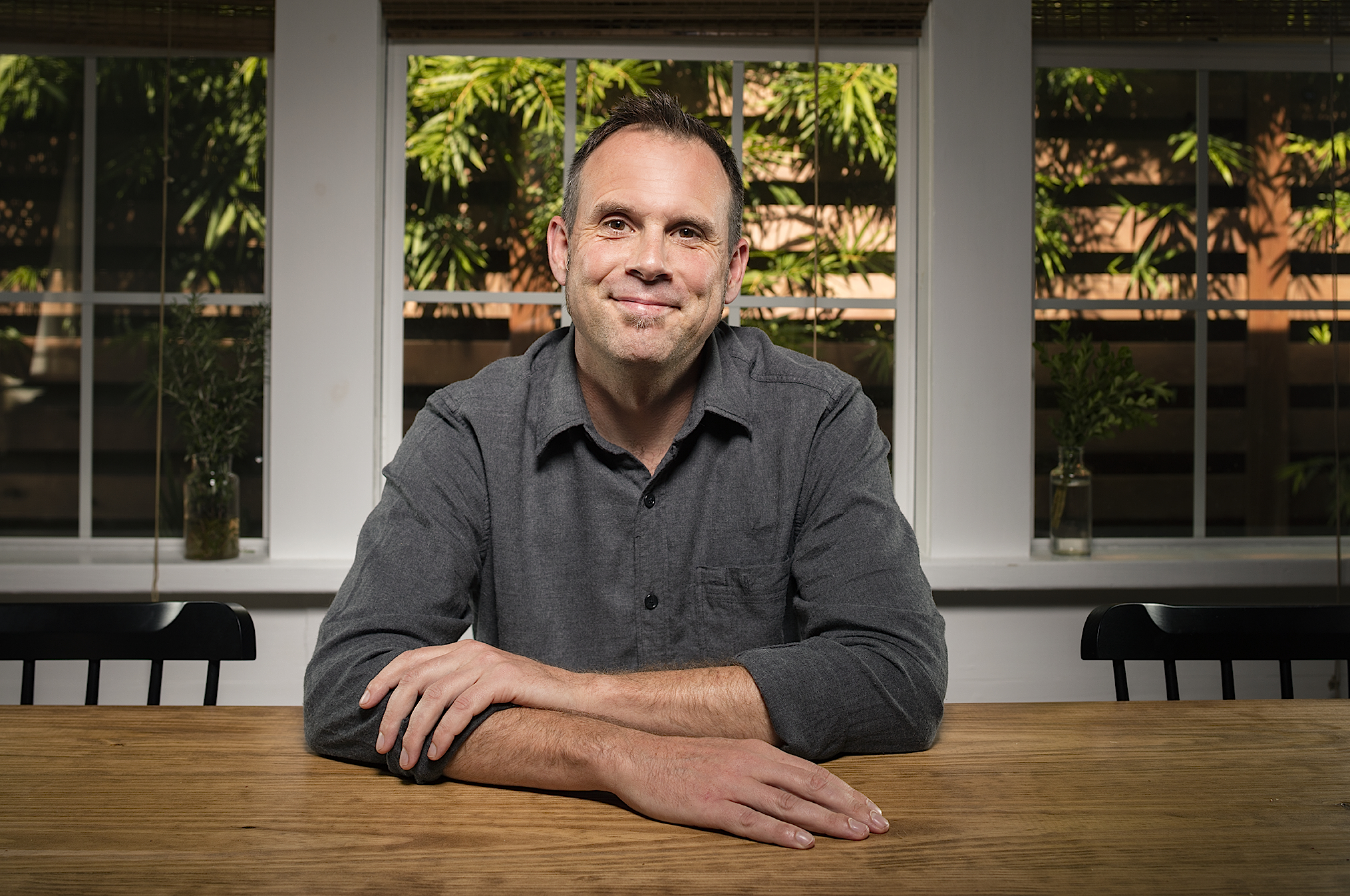Where is the Mr. Rogers of 2018?
“What’s wrong?” my youngest son asked, “Why are you crying?” I looked away from the screen of my laptop and blinked a couple times before responding.
“Mr. Rogers likes me just the way I am.”
Now, of course this made no sense to my children on so many levels. First—who is Mr. Rogers? Second — why does he like me the way I am? Third — why would that make me cry? But for those of you who grew up with Mr. Rogers, you get it. His kind words meant something. Mean something.
So, just to be clear — the YouTube video I was crying over was his official “goodbye.” In it, he spoke to the camera and said:
“I want to tell you something that I often said when you were much younger… I like you just the way you are.”
Mr. Rogers, for those you who do not know him (how can this be?), was the host of a children’s TV show called Mr. Roger’s Neighborhood. Every weekday morning of my youth was spent sitting in front of the television nodding my head to everything Mr. Rogers said, laughing at King Friday and his other sweet puppet friends and learning a thing or two from special guests like Yo Yo Ma or Lou Ferrigno.

As I said, I watched him every day. He was important to me. I felt like he understood me and that I mattered to him. So much so that thirty five years later, I wept in front of my children when he posthumously said that he liked me just the way that I was — and that he was proud of me.
But then I got to thinking. What would Mr. Rogers think of children’s entertainment today? As a man who built a culture out of children’s television, how would he feel about today’s shows? Would he compare the children’s television and entertainment of today with that of his time and conclude, as many of us have, that less TV and screen time might be a good idea?
It’s hard to know. All his quotes are about kindness and curiosity and love and more kindness. But let’s look at it from another angle. Let’s go back to the future for a moment and look at today’s TV (and internet/mobile/app) children’s content. What is the Mr. Roger’s Neighborhood of 2018? What program will the adults of the future recall with tears in their eyes? Which TV personality will make them sigh like Mr. Rogers makes us sigh? I don’t know — but if it is out there — I expect it would have some of the same qualities as Mr. Roger’s Neighborhood.
These were the things that made his program notable and important to children around the world:
Consistency. He started every program the same way and held the same form for the half hour, with rhythmic repetition and continuity of theme.
Pace. Everything went slowly. He spoke slowly. He moved slowly. Even his guests slowed waaaaay down, and consequently, I could not only follow them, but I could relax.
Kindness. He was kind — really kind. Not pretend kind. There was an authentic kindness about him that existed on and off camera. I knew it was true as a child and I know it was true as an adult.
Emotional Intelligence. He knew how I felt. And I was a sensitive boy who did not feel at home in my body or in my community. More often than not I was on alert and being with Mr. Rogers was a time of peace and relaxation — because I trusted him.
When I think about what bothers me about most (if not all) television or screen-based children’s entertainment today, it is the fact that it usually violates many of those four standards. In today’s programs:
There is often a lot of change. Newness newness newness — that seems to assume that children will get bored unless the content is always in flux.
The pace is often fast. In some seemingly desperate attempt to capture and hold attention, everyone talks fast, moves quickly and there are lots of edits and camera angles.
The characters are not kind. In fact they are sometimes mean. They play tricks and are ironic and sarcastic. I think the aim is to be funny, but I wince when I see how some of these characters treat each other.
There isn’t much room for the sensitive children. If there is ever a ‘teaching moment’ about empathy or honoring emotions — it usually comes in the form of a lecture.
Children that are afraid of the underside of their bed don’t want to be told there is nothing there. Children who have just settled into a rhythm don’t want to have to adapt to another one right away. And children often ask if another child is “nice” because that is who they want to see. Children want to be seen, and heard, and felt. They want to know you are there. And Mr. Rogers — even though he was in Pittsburgh, PA and not my living room in Endwell, NY — was there for me.
Maybe, in time, we will return to more content that fits that bill. But until then, families with young children continue to rely on our audio Sparkle Stories, or going on walks, or playing board games, and occasionally watching YouTube videos of King Friday, Mr. McFeely, Lady Aberlin and Officer Clemmons — because in our heart of hearts, we still want Mr. Rogers to be our neighbor.
Not yet a subscriber? Try a free trial HERE.
About the authors
-

David Sewell McCann
Story SpinnerDavid Sewell McCann fell in love with spinning stories in first grade – the day a storyteller came to his class and captured his mind and imagination. He has been engaged in storytelling all of his adult life through painting, film-making, teaching and performing. Out of his experience as a Waldorf elementary class teacher and parent, he has developed a four step method of intuitive storytelling, which he now shares through workshops and through this website.



